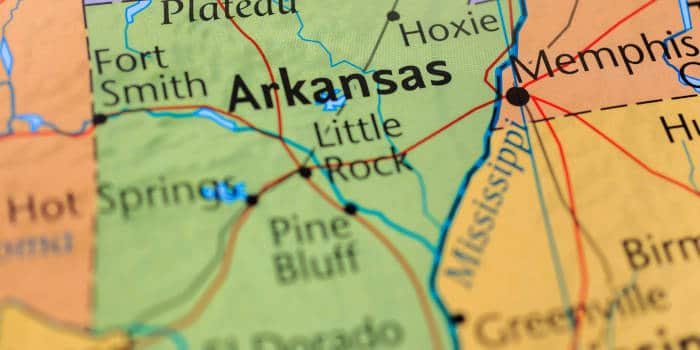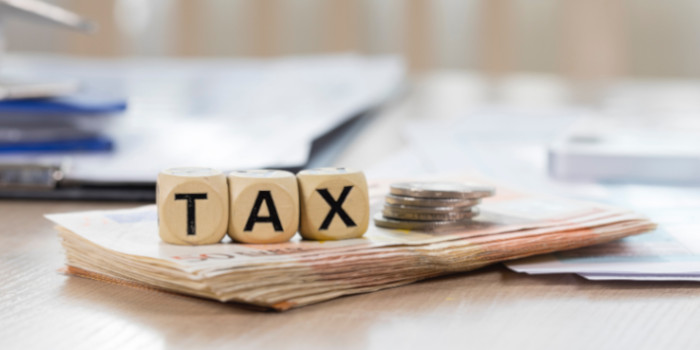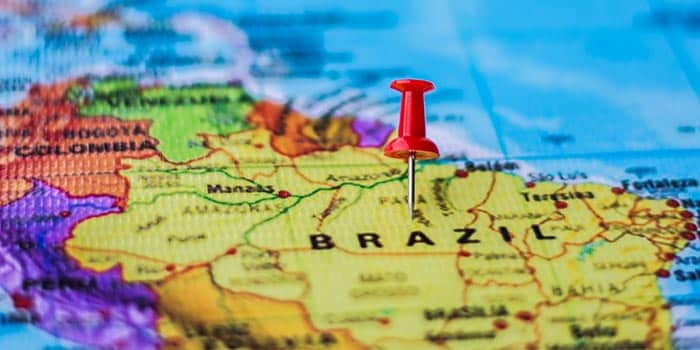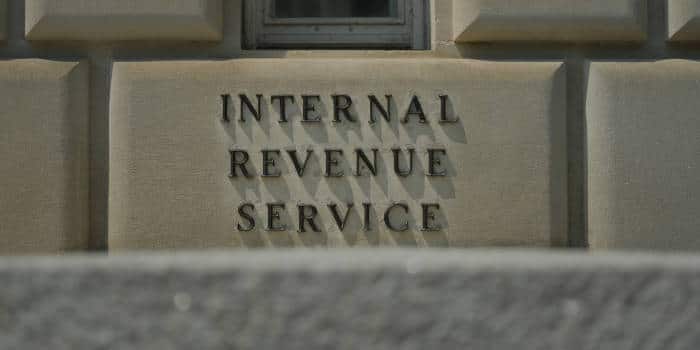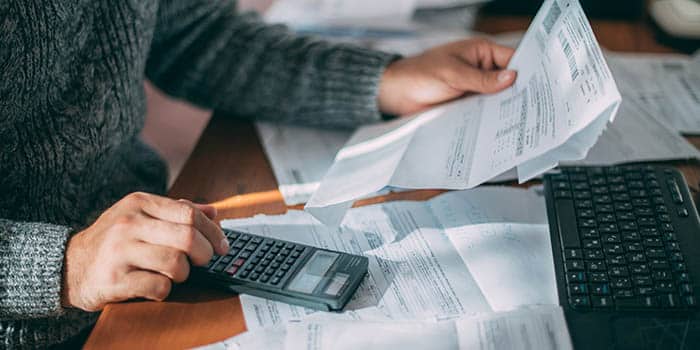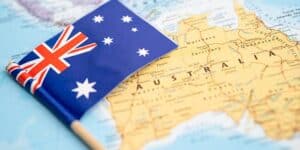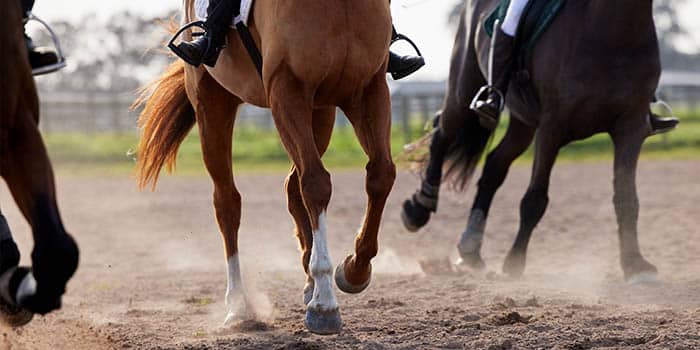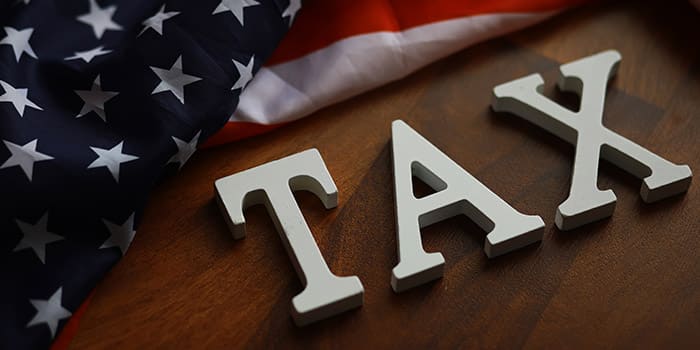Fact-checked by Angel Hristov
Brazilian Gambling Sector Protests Climbing Taxes
Reports suggest that to recover the approximately BRL 20 billion ($3.5 billion) in expected IOF revenue, the Ministry of Finance would need to collect about 77% of the current monthly income generated by gambling operators in the country

While Brazil continues to strengthen its grip on the gambling sector and increase taxes, multiple industry giants have warned of the negative consequences this could lead to, including the strengthening of the illegal market.
Brazilian Senate Wants to Increase Gambling Taxes
On Tuesday, industry groups such as the Brazilian Institute of Responsible Gaming (IBJR) and the National Association of Games and Lotteries (ANJL) responded to a Senate bill proposing an increase in the Financial Transactions Tax (IOF) rate from 0.38% to 3.5%. The IOF, which applies to credit and foreign exchange transactions, can be implemented immediately, unlike many other tax adjustments. The proposed change was introduced by the government through Decree No. 12,466/2025 on May 22.
However, it has since faced pushback from Congress, which has indicated it may overturn the decree. In response, Aloizio Mercadante, president of the National Bank for Economic and Social Development (BNDES), proposed increasing the tax burden on Brazil’s gambling sector to help compensate for the potential loss in revenue should the IOF hike be revoked. Reports suggest that to recover the approximately BRL 20 billion ($3.5 billion) in expected IOF revenue, the Ministry of Finance would need to collect about 77% of the current monthly income generated by gambling operators in the country.
Currently, in addition to a 12% tax on gross gaming revenue (GGR), operators are subject to a 9.25% PIS/Cofins tax and may also incur municipal taxes of up to 5%. Moreover, operators face taxation on approximately 34% of their profits, comprising 25% in corporate income tax and 9% in social contribution taxes.
What Do Оperators Say?
In a joint statement, the IBJR warned that more taxes could jeopardize the sustainability of regulated online betting operators. The associations noted that the 79 currently licensed operators have already paid over BRL 2.4 billion (around $427 million) in authorization fees, with their tax and social contributions for 2025 projected to surpass BRL 4 billion ($712 million).
In this context, the statement argued that imposing additional tax burdens on an already heavily taxed sector cannot be justified from a technical, economic, or public policy standpoint. It further emphasized that Brazil currently faces a historic opportunity to establish a mature regulatory framework for gambling, characterized by strong revenue potential, market integrity, and robust consumer protection. The statement warned that it is crucial to avoid irreversible setbacks.
Brazilian politicians have been moving further toward a more centralized and regulated market over the past months. Just a week ago, the Senate approved a bill restricting gambling ads, a decision that was also met with skepticism by the industry.
Back to the current issue, however, the IBJR claims that increasing taxes on the regulated sector could empower the black market. The organization highlighted that this risk is already apparent in Brazil as the regulated market generated approximately BRL 3.1 billion ($552 million) per month during the first quarter of 2025. Meanwhile, the illegal market was estimated to be operating at between BRL 6.5 billion and BRL 7 billion ($1.15 billion to $1.25 billion) monthly, figures entirely outside the state’s control.
Is There an Alternative?
João Rafael Gandara, a tax specialist lawyer at Brazilian law firm Pinheiro Neto Advogados, has said that legalizing land-based gambling could offer the government a viable source of the tax revenue it is seeking. While Brazil launched its online gambling framework at the beginning of this year, as of June 2025, the country does not yet have a fully legalized land-based gambling sector.
Brazil is in the process of considering legislation to regulate land-based casinos, bingo halls, and other gambling activities. The recent trends in Brazil and South America as a whole have worked in favor of predictions of The Research Insights, claiming global sports betting will surpass $182 billion in the next five years.
According to Gandara, right now is the perfect time to create a land-based casino sector in Brazil. He noted that talks about doing this are becoming more common, noting how this was a key point of discussion during April’s SiGMA Americas Summit in São Paulo.
Stefan Velikov is an accomplished iGaming writer and journalist specializing in esports, regulatory developments, and industry innovations. With over five years of extensive writing experience, he has contributed to various publications, continuously refining his craft and expertise in the field.

